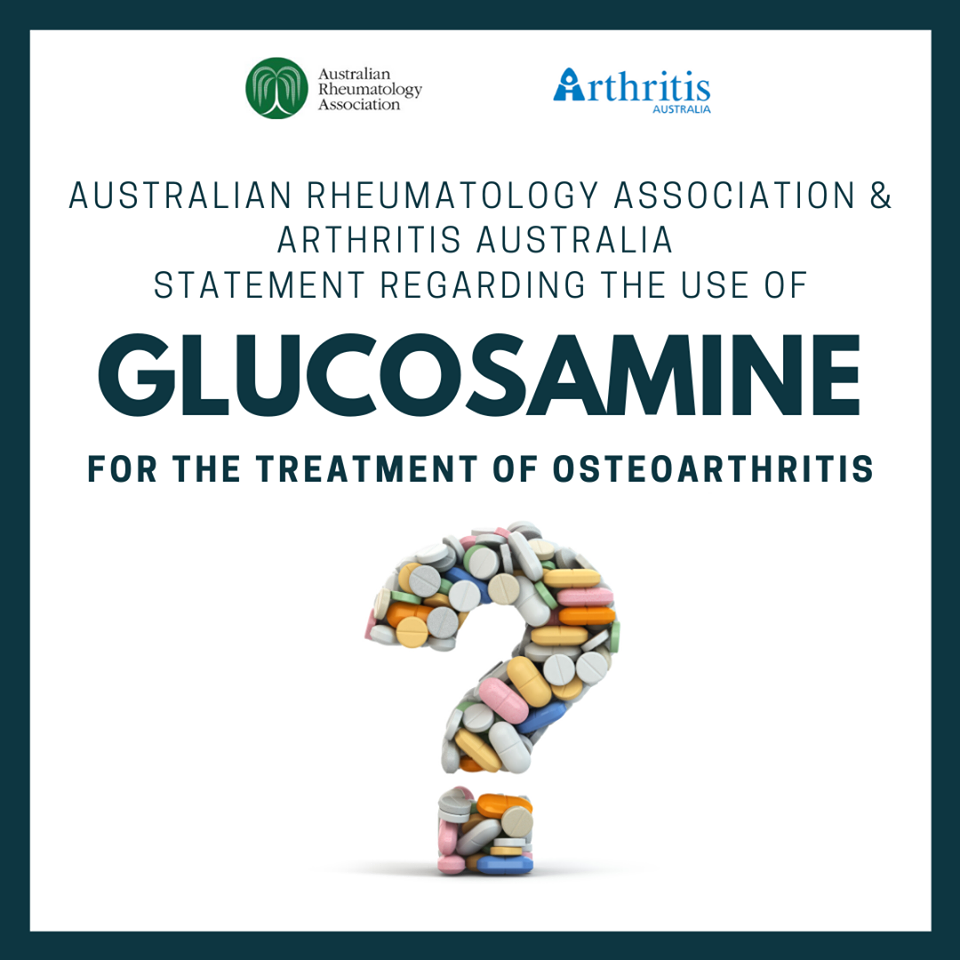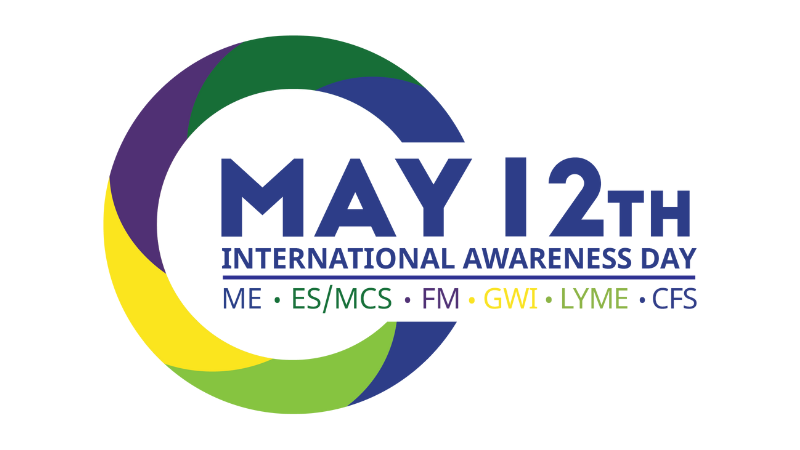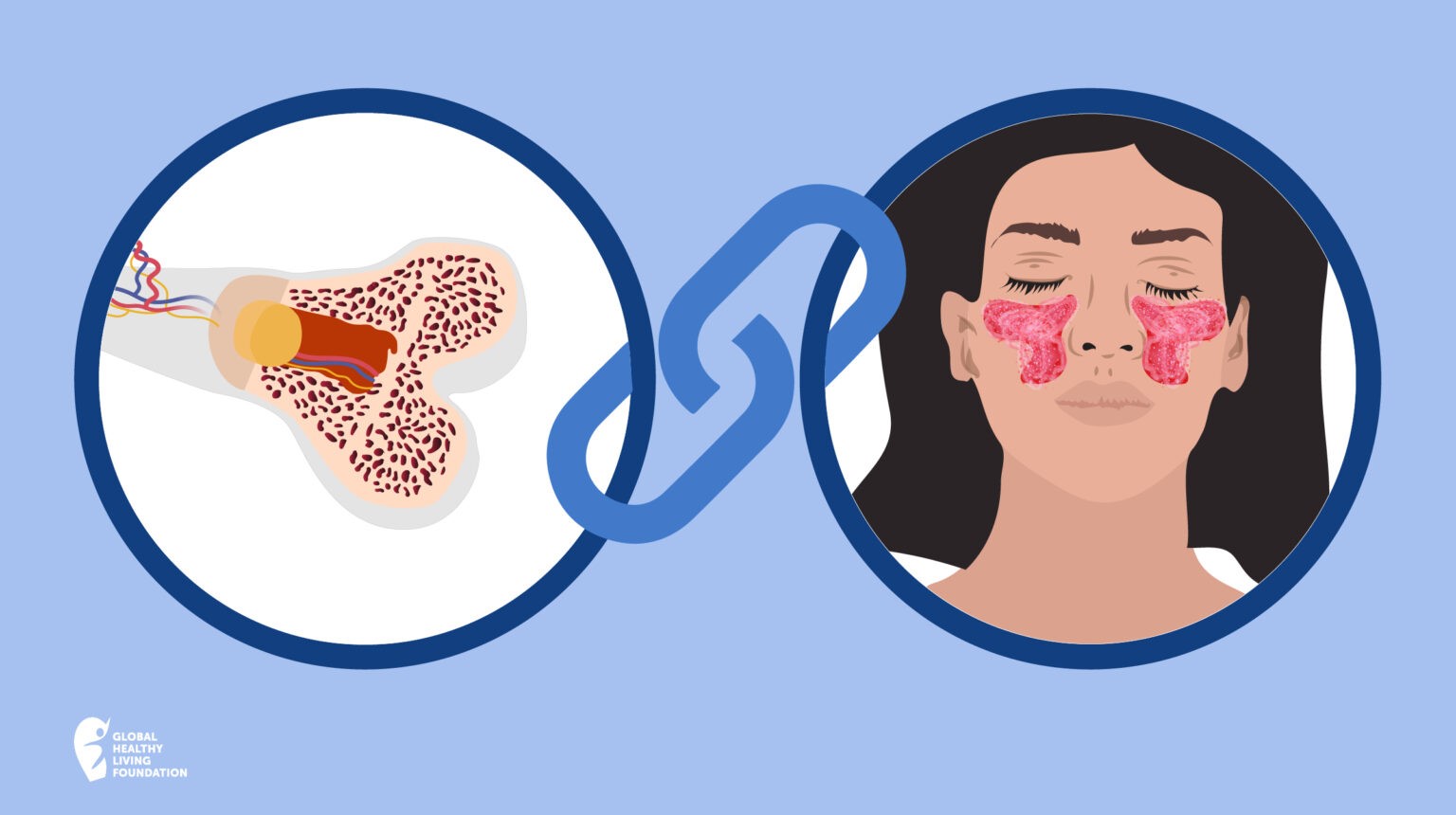

Glucosamine is a form of sugar that the body produces to help build the cartilage that covers and protects the ends of bones. Osteoarthritis (OA) is characterised by a breakdown in of cartilage in the joints which can cause pain and swelling. Many people take commercially-produced glucosamine supplements to prevent or slow the progress of OA.
In light of recent misleading reports about the safety and effectiveness of glucosamine, Arthritis Australia and the Australian Rheumatology Association have released a joint position statement to clarify the matter.
According to the statement, the confusing reports appear to be based on two unrelated recent events:
- A change in recommendation by the American College of Rheumatology (ACR)
In October 2019 the ACR updated their guidelines for the management of osteoarthritis from a longstanding conditional recommendation against the use of glucosamine for osteoarthritis (on the basis that it probably does not help), to a strong recommendation against the use of glucosamine for osteoarthritis (on the basis that it convincingly does not help). They did not cite new safety concerns. - A recent paper highlighting the known risks associated with glucosamine, particularly in people with shellfish allergy
This paper reviewed 366 glucosamine related adverse drug reactions reported to the Therapeutic Goods Administration between 2000 to 2011, including 43 classified as severe, possibly related to the known risks of glucosamine in those with shellfish allergy. This highlights a valid concern but the number of adverse events needs to be considered in the context of the many hundreds of thousands of people who took glucosamine during that period. This suggests that severe adverse reactions are very uncommon.
In their joint statement, Arthritis Australia and the Australian Rheumatology Association noted:
“This information highlights growing evidence that glucosamine does not help people with osteoarthritis and is a reminder that people with a shellfish allergy should not take glucosamine (which is commonly derived from shellfish). It does not identify any new safety concerns and should not cause undue alarm in people already taking glucosamine.”
In other words, if you do take glucosamine and you feel that it works for you, there is no harm in you continuing this treatment. However, if you haven’t tried it or you are not convinced that it works, you’ll probably be better off talking to your treating doctor about other treatment options for your OA.
This information should never replace the information and advice from your treating doctors. It is meant to inform the discussion that you have with healthcare professionals, as well as others who play a role in your care and well-being.




